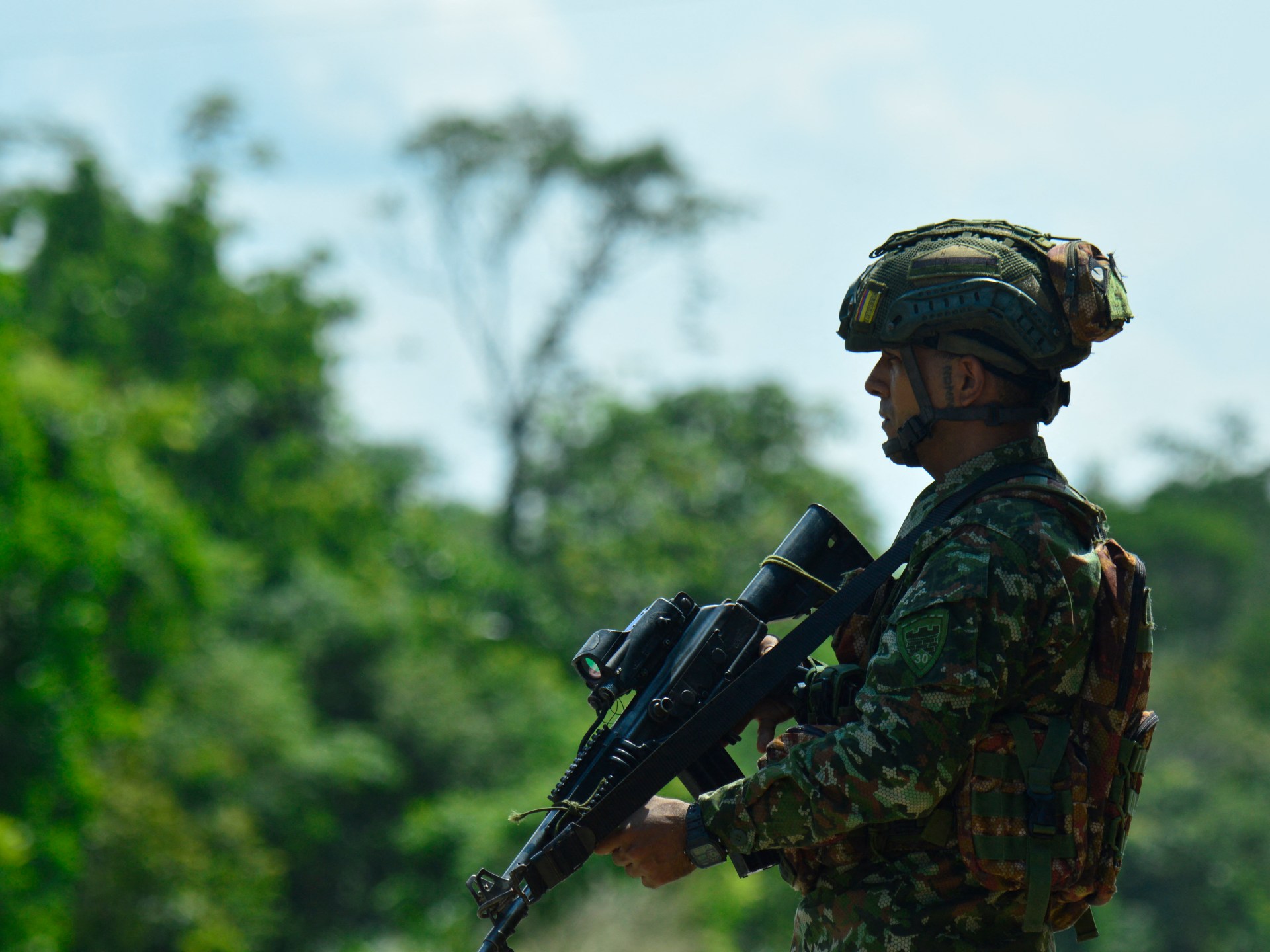Bloodshed in the Andes: Colombia's Desperate Battle to Reclaim Rebel-Torn Territories

In a bold move to restore peace and control, the Colombian government has deployed military troops to the volatile Catatumbo region, a strategic area known for its extensive coca cultivation and ongoing rebel group conflicts. The northeastern region, which has long been a hotspot for armed tensions, is now witnessing a significant military intervention aimed at stabilizing the area and reducing violent confrontations.
The deployment comes in response to escalating hostilities among various rebel factions that have been fighting for territorial control and drug trafficking routes. Catatumbo, situated near the Venezuelan border, has been a challenging landscape for government forces, with multiple armed groups competing for dominance and economic resources.
Military officials have stated that the operation is designed to disrupt criminal networks, protect local communities, and establish a stronger government presence in an area historically marked by lawlessness and insurgent activity. The troops will focus on dismantling illegal coca plantations, intercepting drug trafficking routes, and preventing further violent clashes between rebel groups.
Local residents have expressed mixed reactions to the military intervention, with some hoping for increased security and others concerned about potential collateral damage. The government has assured that the operation will prioritize civilian safety while working to restore order and create conditions for long-term peace in the region.

